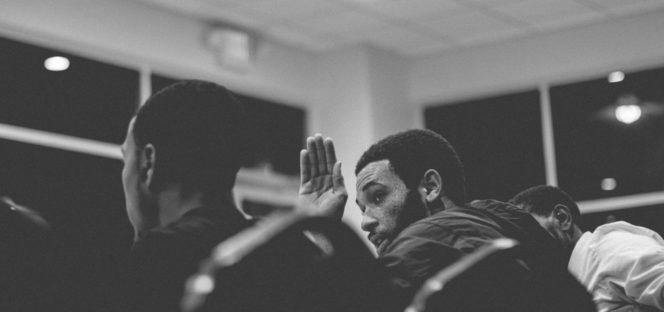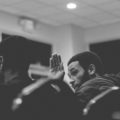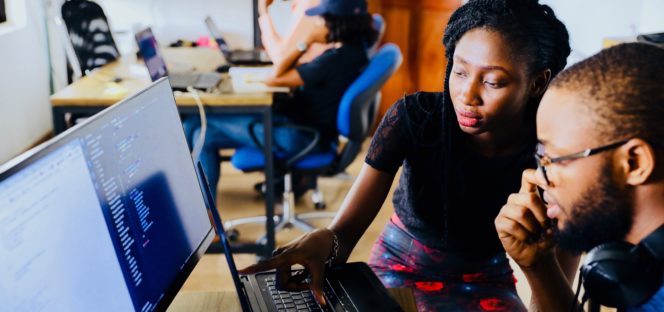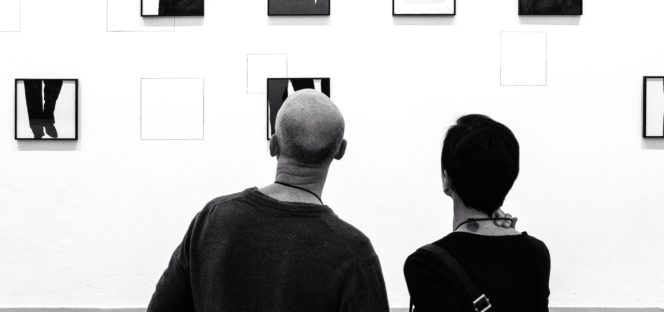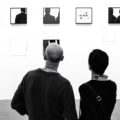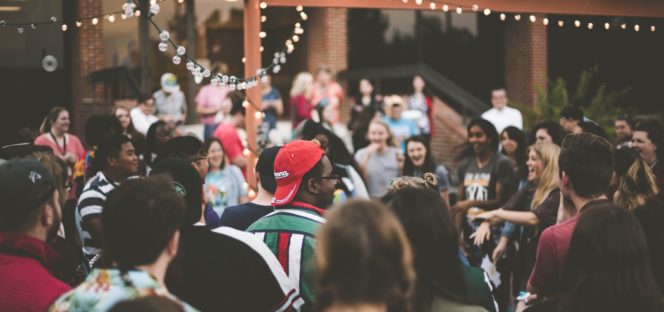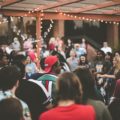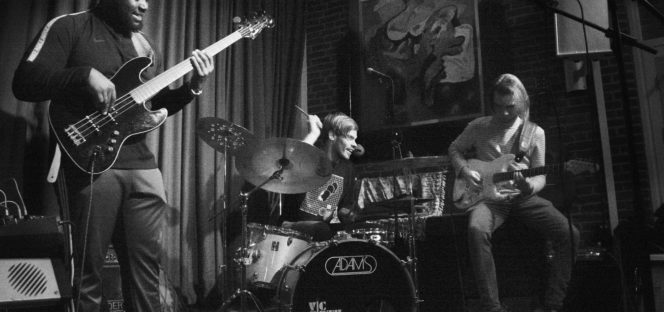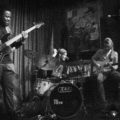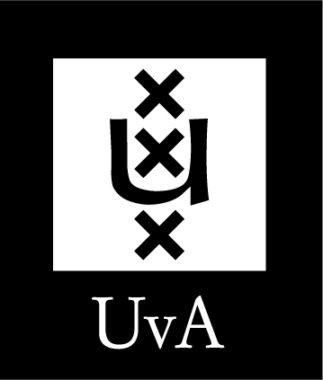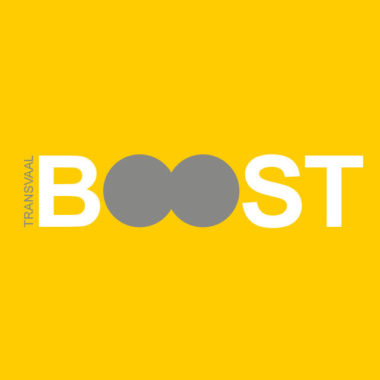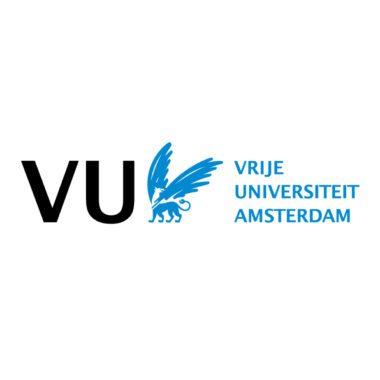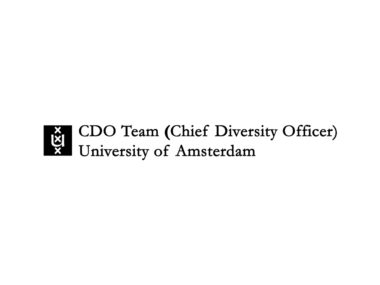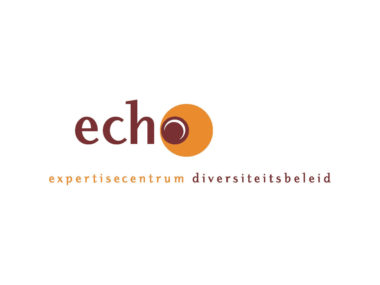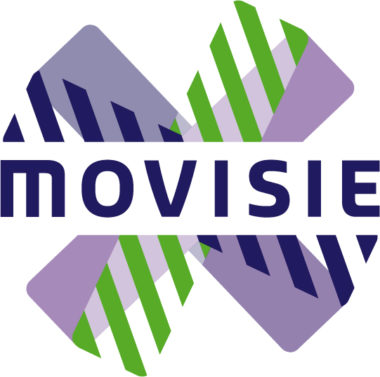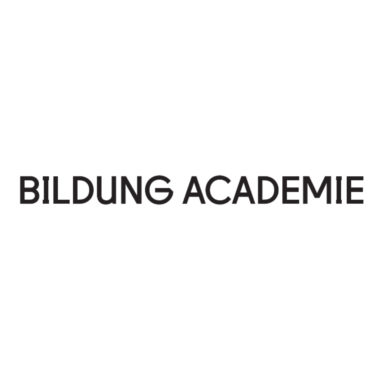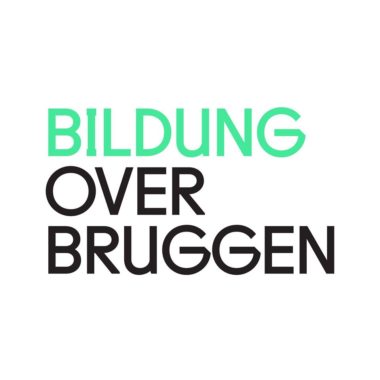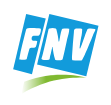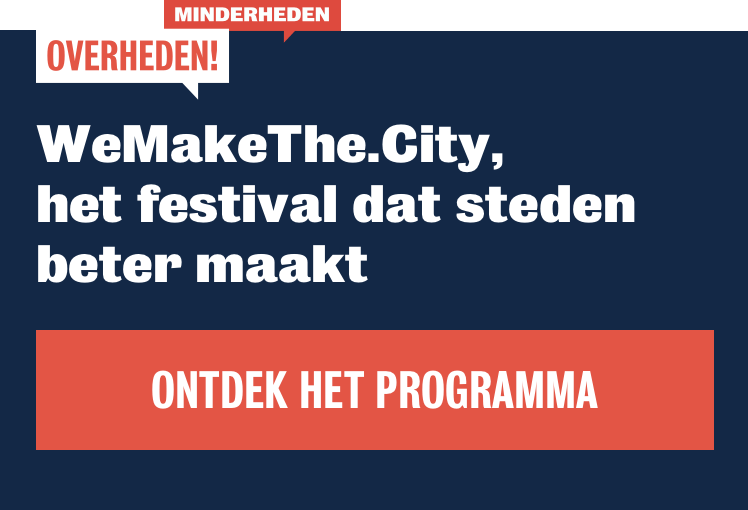In 2050, Amsterdam will no longer be characterised by a single socio-cultural majority. Despite growing diversity in demography, other statistics illustrate how inclusion and equality on an urban level remains a challenge in different domains. What does this mean for education, employment, healthcare, cultural institutions, and urban planning? We explore these and other questions with among others: Maurice Crul (Professor Identities, Diversity and Inclusion, VU Amsterdam), Philomena Essed (Professor Critical Race, Gender and Leadership Studies, Antioch University Midwest) and Glenn Helberg (Psychiatrist, Amsterdam).
Amsterdam is, like cities worldwide, subject to continuous change. It is a so-called ‘hyper-diverse city’, on the list with London, New York, Mumbai and many more. How do existing institutions, businesses, and public spaces adapt to a growing and diversifying society? Who are actively participating in the city and who live rather segregated lives? Who is responsible for the shift from diversity to inclusion? How do cities evolve from merely being diverse into being inclusive within domains of education, health, work, culture, and urban planning? During this conference, we pay close attention to intersectionality, social justice and the distribution of power and agency. The programme is moderated by Zoë Papaikonomou.
PROGRAMME
9 – 09.30 a.m. Walk-in
09.30 – 10.15 a.m. Changing Demography
In 2050, Amsterdam will no longer be characterized by a single socio-cultural majority. What are the consequences of this changing demography and what inequalities exist between different minorities in the city?
- Jerry Afriyie – Co-founder Nederland Wordt Beter
- Maurice Crul – Professor Identities, Diversity and Inclusion, VU Amsterdam
- Laure Michon – Researcher Centre for Research, Information and Statistics, Gemeente Amsterdam
10.15 – 10.45 a.m. Comparing Cities
Amsterdam is not alone in becoming a city without socio-cultural majority. What other cities face similar challenges and what good practices do they bring in?
- Indy Johar – Founder 00, Director Dark Matter Laboratories
- Jens Schneider – Researcher IMIS, Universität Osnabrück, Hamburg
- Stijn Oosterlynck – Associate Professor Urban Sociology, University of Antwerp
- Marina Lazëri – PhD Candidate Becoming a Minority based in Malmö
10.45 – 11.15 a.m. Coffee Break
11.15 – 12.30 p.m. From Diversity to Inclusion
How do we overcome the inequalities sketched above? How do we prompt changes that will contribute to a transition from mere diversity to inclusion?
- Philomena Essed – Professor Critical Race, Gender and Leadership Studies, Antioch University
- Mary Tupan-Wenno – Director Expertise Centre for Diversity and Inclusion
- Glenn Helberg – Transcultural psychiatrist
- Tuna Tasan-Kok – Professor of Urban Governance and Planning, University of Amsterdam
- Sennay Ghebreab – Professor Neuroinformatics, Psychology and Cognition, Amsterdam University College
- Linda di Pietro – Cultural Manager of Manifattura Tabacchi in Cagliari and CAOS arts centre in Terni, Italy
12.30 – 13.30 p.m. Lunch Break
BREAKOUT SESSIONS
1.30 – 4.30 p.m.
1. Connecting College and Community
De weg naar divers, inclusief en maatschappelijk betrokken hoger onderwijs. (NL)
- Ismintha Waldring – Researcher Identities, Diversity and Inclusion, VU Amsterdam
- Jerry Afriyie – Co-founder Nederland Wordt Beter
- Marlon Tjondrodiwongso – Coach Over Bruggen, De Bildung Academie
- SeSi Community Center, HvA
- Rob Andeweg – Programmamanager HvA in de stad
- Juriaan Hassankhan – Student HvA
- Fatima Kamal – UvA Chief Diversity Officer Team
- Khaled Tamimy – Director Diversity Talks
- Daphne Clement – Lecturer Pedagogy HvA
2. Ahead of Time
What does the inclusive museum of 2050 look like? (EN)
- Linda di Pietro – Manager of Manifattura Tabacchi in Cagliari and CAOS arts centre in Terni, Italy
- Jeftha Pattikawa – Programmaker and projectleader at the Dutch National Archive Inclusive
- Stephanie Afrifa – Moderator and Curator
- Giorgio de Finis – Museum director MAAM and MACRO, Rome
3. Employing the City
Naar een inclusieve werkvloer. (NL)
- Dionne Abdoelhafiezkhan – Founder Izi Solutions and Controle Alt Delete
- Sahar Noor – Projectmanager Inclusion and Diversity, Movisie
- Sarita Bajnath – Trainer, spreker en motivator op het gebied van inclusie, diversiteit en dialoog
- Serginho Stekkel – Sociaal ondernemer, oprichter Stekks & Co
Evening
4.30 – 5.15 p.m. Drinks at OSCAM
A drinks get together to finish the day.
Image: ©Matteo Paganelli, 2018. Courtesy of Unsplash.
The visit of Giorgio de Finis is made possible by Het Nieuwe Instituut, with support of the Ministery of Foreign Affairs.



